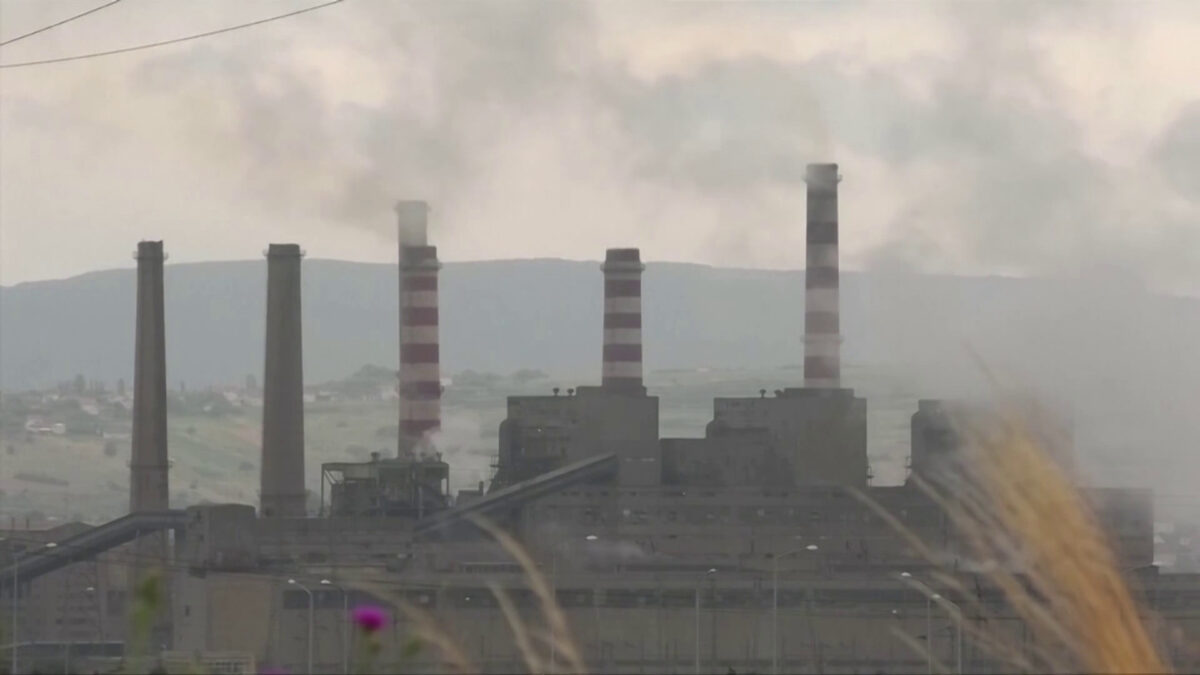European Union negotiators reached a political deal on Sunday (December 18) to overhaul the bloc’s carbon market, cutting planet-heating emissions faster and imposing new CO2 costs on fuels used in road transport and buildings from 2027.
The EU carbon market requires around 10,000 power plants and factories to buy CO2 permits when they pollute – a system central to meeting the EU’s target to cut its net emissions 55% by 2030 compared with 1990 levels.
Under the deal agreed upon by negotiators from EU countries and the European Parliament, the EU carbon market will be reformed to cut emissions by 62% from 2005 levels by 2030.
The plan involves removing 90 million CO2 permits from the system in 2024, 27 million in 2026 and cutting the rate at which the cap on CO2 permits in the system falls by to 4.3% from 2024-2027 and 4.4% from 2028-2030.
From 2026-2034, the EU will phase out the free CO2 permits it currently gives industries to protect them from foreign competition. Those permits will be wound down as the EU phases in a carbon border tariff designed to prevent domestic firms from being undercut by overseas competitors.
After 30 hours of talks that started on Friday, the EU also agreed to launch a new carbon market covering suppliers of CO2-emitting fuels used in cars and buildings in 2027.
After EU lawmakers resisted including households in the scheme, negotiators agreed several measures to shield citizens from high CO2 prices.
If fuel prices are as high in 2027 as today, the introduction of the carbon market would be delayed to 2028. If its CO2 price hits 45 euros ($47.62), then extra CO2 permits will be released into the market to attempt to tame prices.
The provisional deal still needs to be formally adopted by the European Parliament and the European Council.





